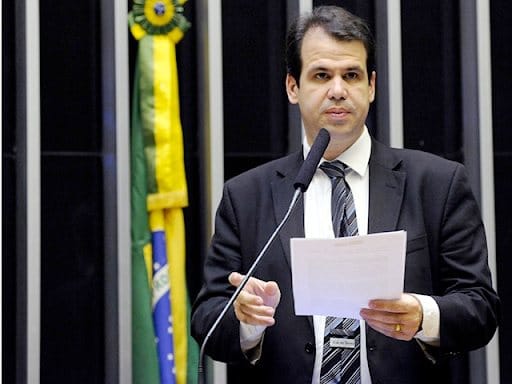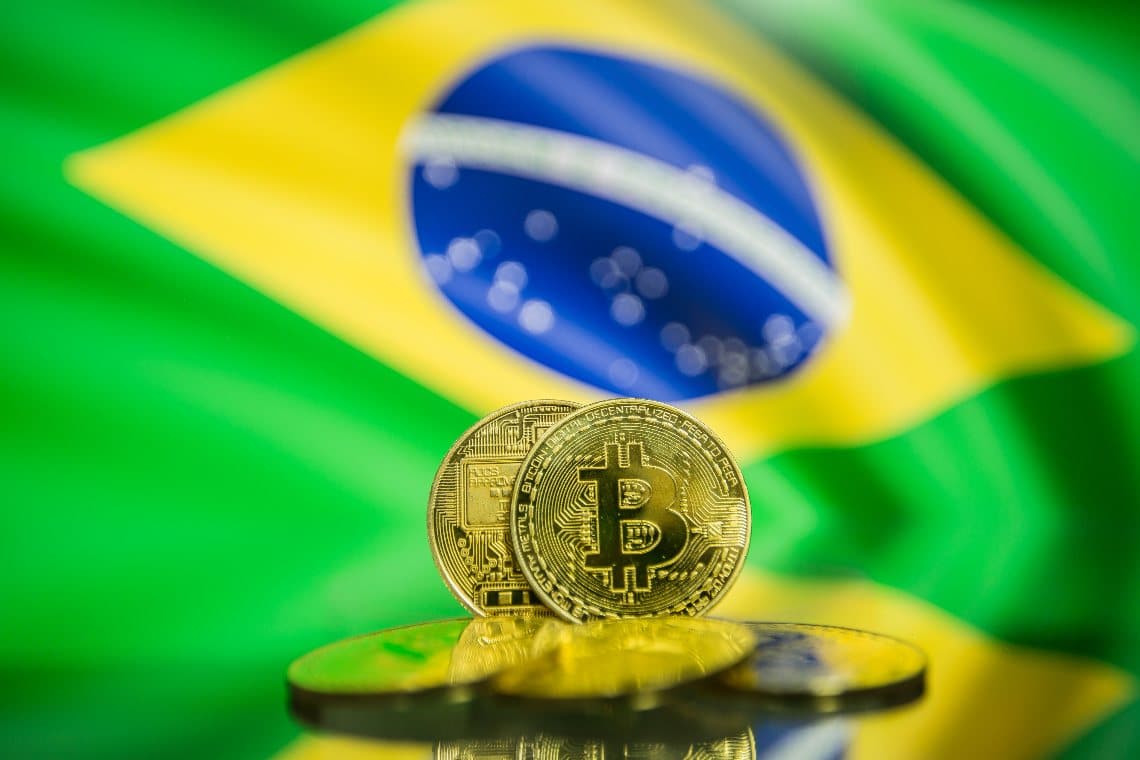Bitcoin may soon become legal tender in Brazil. The local parliament is set to vote on a law to this effect.
The proposal to make Bitcoin legal tender in Brazil
This proposal was revealed by the MP who proposed it, Aureo Ribiero.

The Brazilian MP explained to Yahoo Finance that it was necessary to regulate this sector, while also taking advantage of its opportunities. These are his words:
“We want to separate the wheat from the chaff, create regulations so that you can trade, know where you’re buying and know who you’re dealing with. With this asset you will be able to buy a house, a car, go to McDonald’s to buy a hamburger – it will be a currency in the country as it happened in other countries”.
The point is that in Brazil, Bitcoin is already very well known and used. The aim of the bill is to make it a legal payment for all purposes.
The path of the bill
The legislative process is not yet finalized. Bill 2303/15 has been approved in committee and will now go to the House for a vote. If it is also passed in the House, it will move on to the Senate. Then it will be effective. In other words, time is not brief and fate is not certain, but the approval by the competent committee gives hope.
The case of El Salvador
Brazil could be territory for another experiment with Bitcoin as legal tender, a bit like what is happening in El Salvador. However, there is a big difference: El Salvador has just over 6 million inhabitants and does not have its own legal currency. Brazil, by contrast, is among the 10 largest economies in the world.
Bitcoin sympathizers hope that the law will reach the finish line and become effective. It will be interesting to see how the economy of a country of more than 200 million people will welcome BTC.
Paolo Ardoino, CTO at Bitfinex and Tether, explained:
“The prospect of Brazil embracing bitcoin as legal tender would mark a monumental moment in adoption. There will still be hurdles to creating an infrastructure that functions in a fast and efficient way. As payment networks grow larger — in the case of Brazil it would be a country with a population of over 200 million people –enabling faster transactions among participating nodes becomes a major pain point. Most of the day-to-day use of bitcoin will need a second layer technology like the Lightning Network, a solution to solve the bitcoin scalability problem. The LN can become the base layer for remittances, e-commerce shopping, local merchant integrations, P2P exchanges, and cloud services opening new pathways to P2P applications. The possibilities are endless if countries are willing to look at the technology as a whole and to innovate.”
Brazil is certainly not unprepared for Bitcoin. The nation has long lived with a silent expansion of BTC as evidenced by high trading volumes. It is also remarkable that Brazilian legislation has succeeded where the US has struggled: such as Bitcoin ETFs, which are already a reality in Rio De Janeiro. And it is no coincidence that a giant like Visa wants to expand its crypto services in Brazil.
Ultimately, if the law were passed, it would already find fertile ground.



